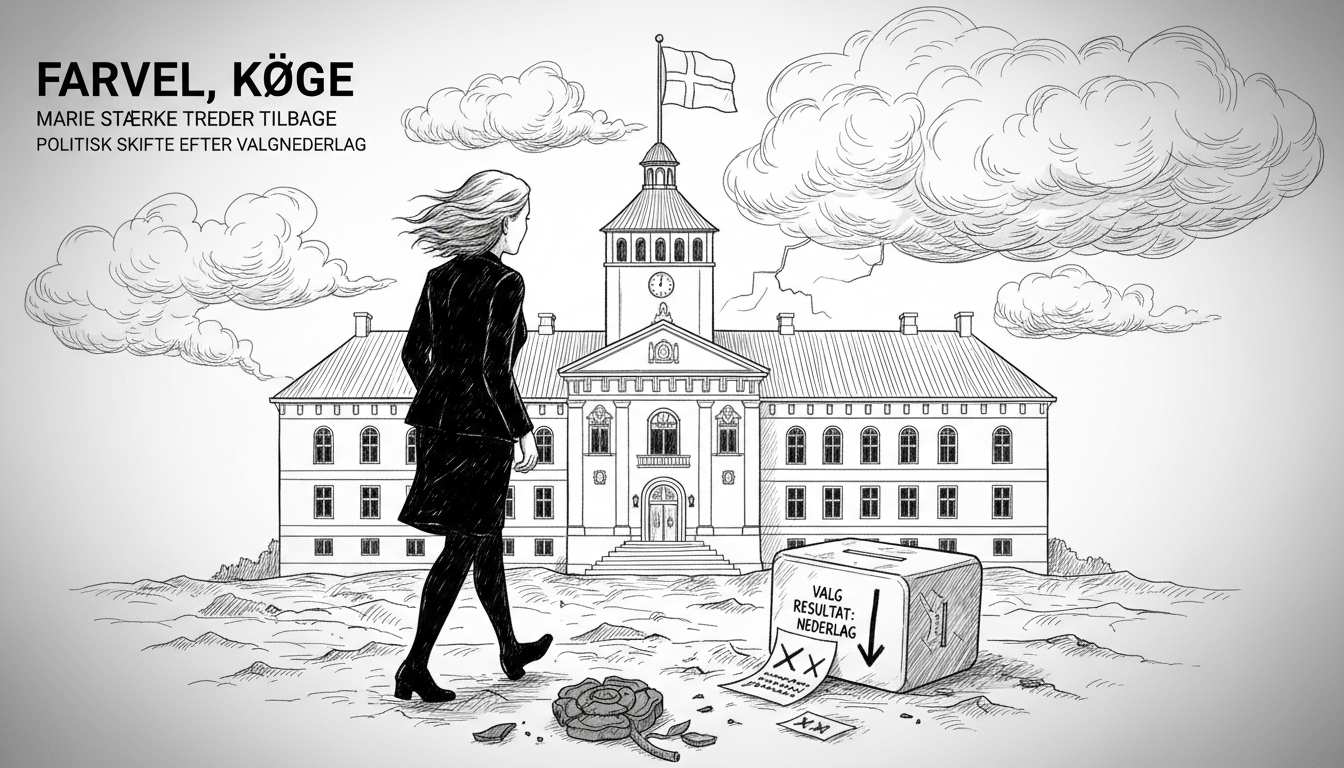Marie Stærke, a prominent Social Democratic mayor in Denmark, has announced her complete withdrawal from local politics following a decisive election defeat. The veteran politician confirmed she will leave Køge City Council after voters rejected her bid for another term. This development marks a significant shift in Danish local governance and offers insights into changing political dynamics.
Stærke acknowledged the clear message sent by voters in her statement to local media. She noted that while every politician hopes to exit at their peak, the election results made her departure inevitable. The former mayor expressed satisfaction with leaving Køge Municipality in strong condition despite her personal political setback.
Her political career spans more than two decades in Køge City Council, beginning when she was just 22 years old. Stærke achieved a remarkable personal victory in the previous election with 6,944 personal votes, setting a local record. This latest election told a different story, with her personal votes dropping to 3,473 and her party losing the mayor's position entirely.
The Social Democratic party in Køge experienced a substantial decline, securing only 18.6 percent of votes. This represented a dramatic 13.2 percentage point decrease compared to the previous election. On election night, Stærke conceded defeat honestly, describing the outcome as a jaw-dropper for her party while congratulating the competing blue coalition on their strong performance.
Stærke will maintain her position as one of two deputy chairs of the national Social Democratic party despite leaving local politics. Her departure from daily council work will allow her to revive her former consulting business, Bureau Stærke. This transition from public service to private enterprise reflects a common pattern among Danish politicians.
The election results in Køge reflect broader trends in Danish society and political engagement. Local elections often serve as barometers for national political sentiment, and such significant shifts warrant attention from those monitoring Danish social policy and integration efforts. The outcome suggests changing voter priorities in municipalities dealing with complex integration challenges.
Danish local governments play crucial roles in implementing national policies, particularly regarding integration and social welfare systems. When experienced leaders like Stærke depart, it can affect policy continuity and implementation. The new political landscape in Køge will likely influence how the municipality approaches Copenhagen integration models and local social policies.
This political transition occurs against the backdrop of ongoing debates about Denmark immigration policy and its practical implementation at municipal levels. The Danish welfare system depends heavily on effective local governance, making leadership changes particularly significant for service delivery and community development.
The substantial vote shift away from established political figures indicates evolving voter expectations about local leadership. Danish municipalities face increasing pressure to balance traditional welfare models with contemporary integration challenges. Stærke's departure represents both a personal political conclusion and a moment for reflection about changing political dynamics in Danish society.

